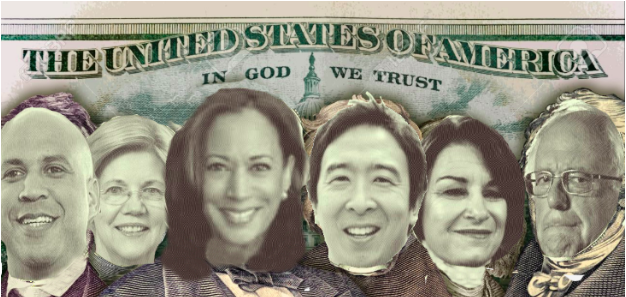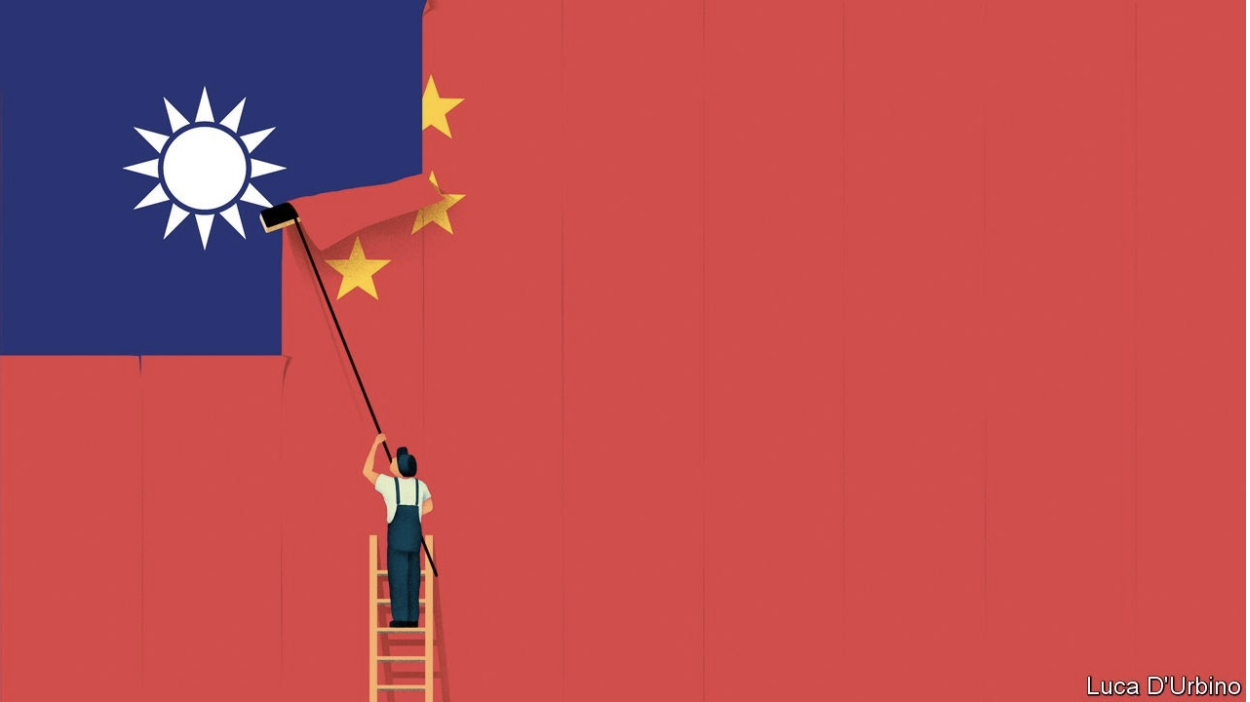
OLIVIA GINGOLD – MARCH 13, 2019
In November of 2020, a new President of the United States will be elected. With Election Day just over a year and a half away, candidates have started to mobilize: touring the country and campaigning to secure a bid in the presidential election.
The presidential candidacy timeline begins this June, when the Democratic Party will hold a series of debates and forums for the many candidates seeking to represent the party. To make it to Election Day, a candidate must first be elected in a primary election, an election in which voting members decide on the candidate they want to represent their party in the general election. After this, each political party—typically the Democratic and Republican parties—will hold a national convention where they decide which candidate will receive a presidential bid to represent their party. This means that only one nominee from each political party actually receives the right to run in the general election. Because of this elimination process in the American election process, it is crucial that citizens inform themselves about the potential candidates and their platforms early on.
Although elections seem completely political on the surface, they are actually as much an economic debate as they are a political one. The candidate elected will inevitably influence the economy, both directly and indirectly. Because the economy affects the lives of every American, the topic is unique in that unlike other political issues such as gun violence or sustainability, which some Americans may be passionate about while others remain apathetic, it is an issue every American has a stake in. It is therefore crucial to examine the economic values of candidates running for President.
Economic issues that are especially acute in the US today run deeper than just “economic inequality.” Tax proposals, tax policies, and tax cuts all play a critical factor in the economy. President Trump’s tax cuts signed in winter of 2017 are just one way to approach taxes. By giving tax cuts to businesses, he utilized a “top-down” method, which intends to reduce pressure on businesses so these businesses have more financial flexibility to hire more employees and pay them better wages. Presidential hopeful Elizabeth Warren has an entirely different approach to taxes, proposing a “wealth tax”: a tax not on one’s income earned in any given year, but on income accumulated during one’s lifetime, especially prevalent in wealthier families. Unlike the top-down approach, this is a bottom-up attempt to redistribute wealth by taking it from the richer classes of America and making it available to the less prosperous.
Another prevalent economic issue is government aid and what the extent of this aid should be, if at all. Programs such as Medicare, Medicaid, SNAP (Supported Nutritional Assistance Program), and unemployment insurance are often common points of contention in the US. The Universal Basic Income (another proposal that has recently been endorsed by candidates like Bernie Sanders and Andrew Yang), a federal minimum wage, or a living wage of some sort are other examples of government intervention that attempt to stimulate the economy. These programs are often controversial not only because they raise questions about how the American government will manage to pay for programs like these with an already pinched budget, but also because they bring up concerns about the actual efficacy of the programs.
The budget is another important factor to consider. The recent government shutdowns due to budget disagreements between the President and Congress exemplify how important it is for Presidential candidates to have a grip on what a viable and functional budget may look like. This is inherently linked to how that budget can maintain or improve American prosperity without worsening the deficit America already runs.
There are multiple sides to all of these issues and more, but understanding these points is crucial to being an informed voter in the upcoming elections—and not just the one in 2020. This introduction kicks off a series which will look at a different presidential candidate every two weeks, analyzing their tax proposals, budget proposals, and economic values. Next week, look out for an article on unusual presidential hopeful Andrew Yang, and tune in every week to help yourself become a more informed and diligent voter.
Featured Image Source: Wikipedia
Disclaimer: The views published in this journal are those of the individual authors or speakers and do not necessarily reflect the position or policy of Berkeley Economic Review staff, the Undergraduate Economics Association, the UC Berkeley Economics Department and faculty, or the University of California, Berkeley in general.



